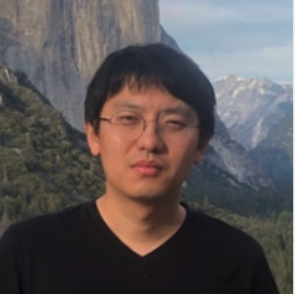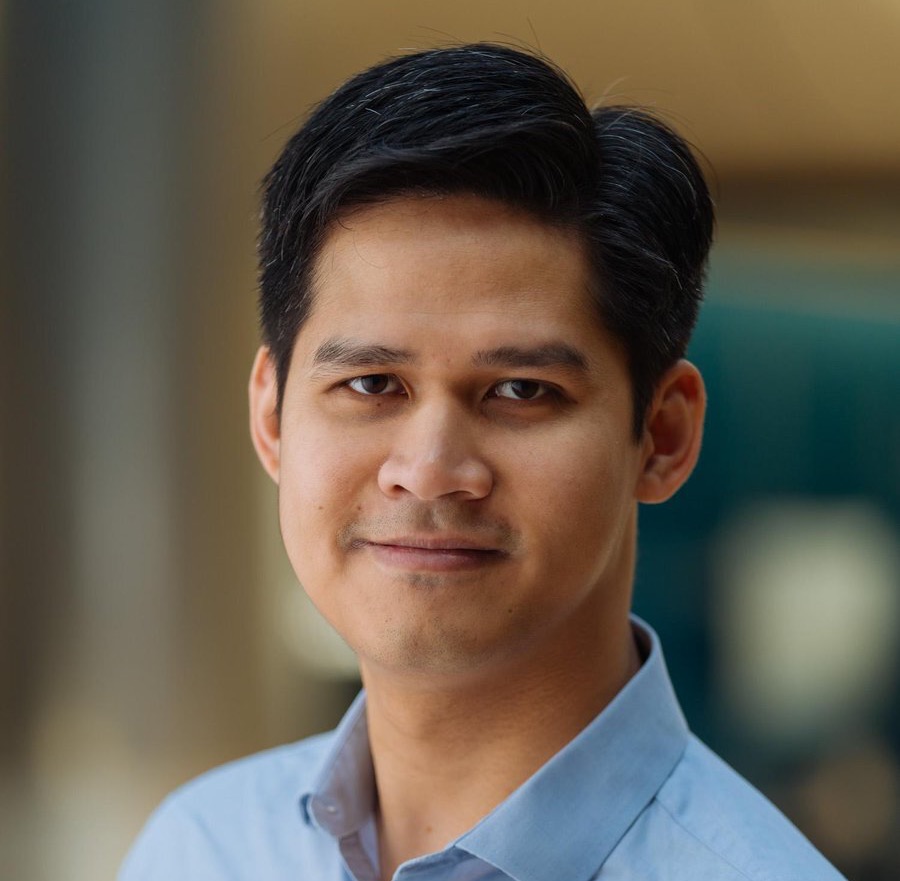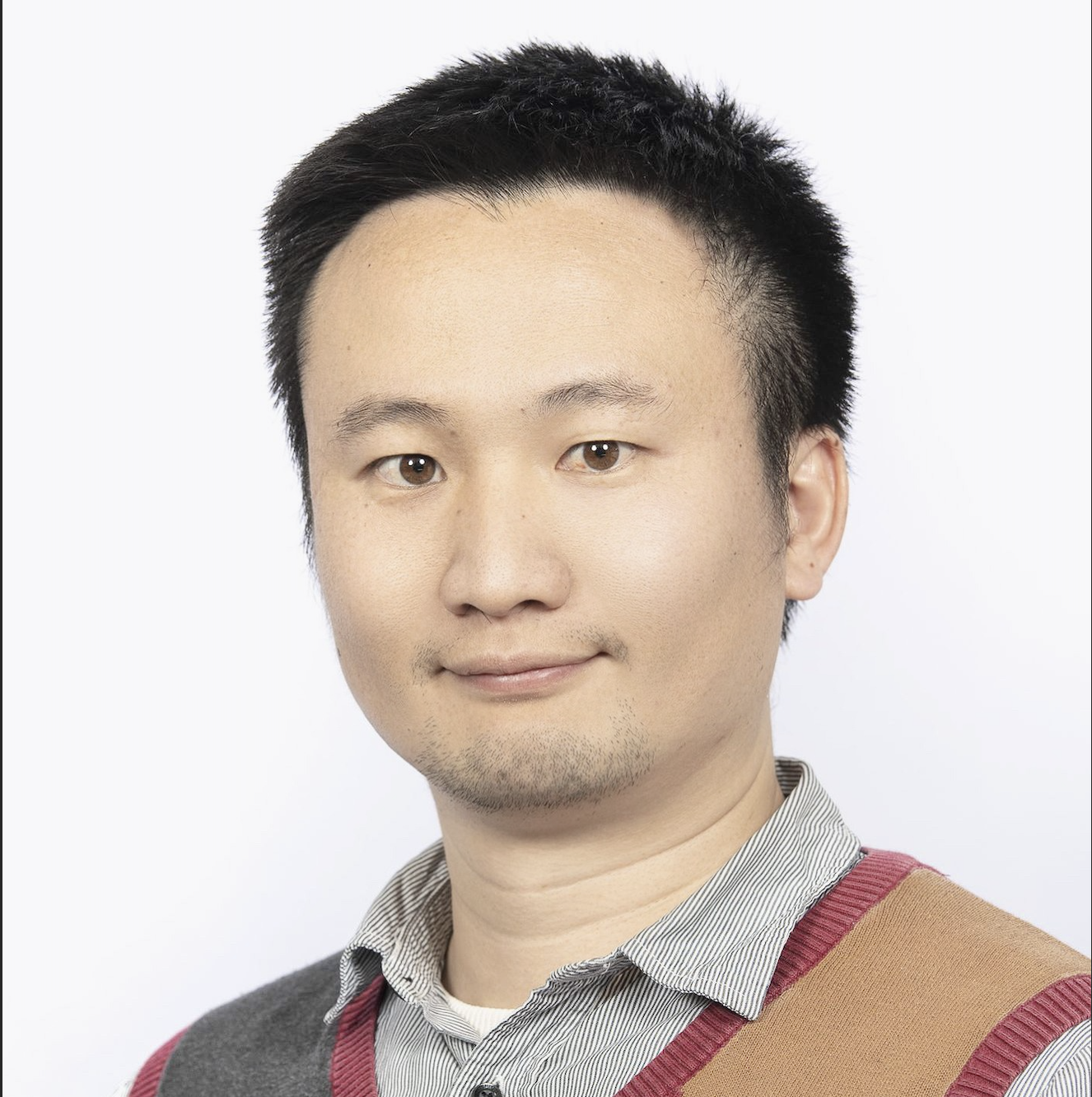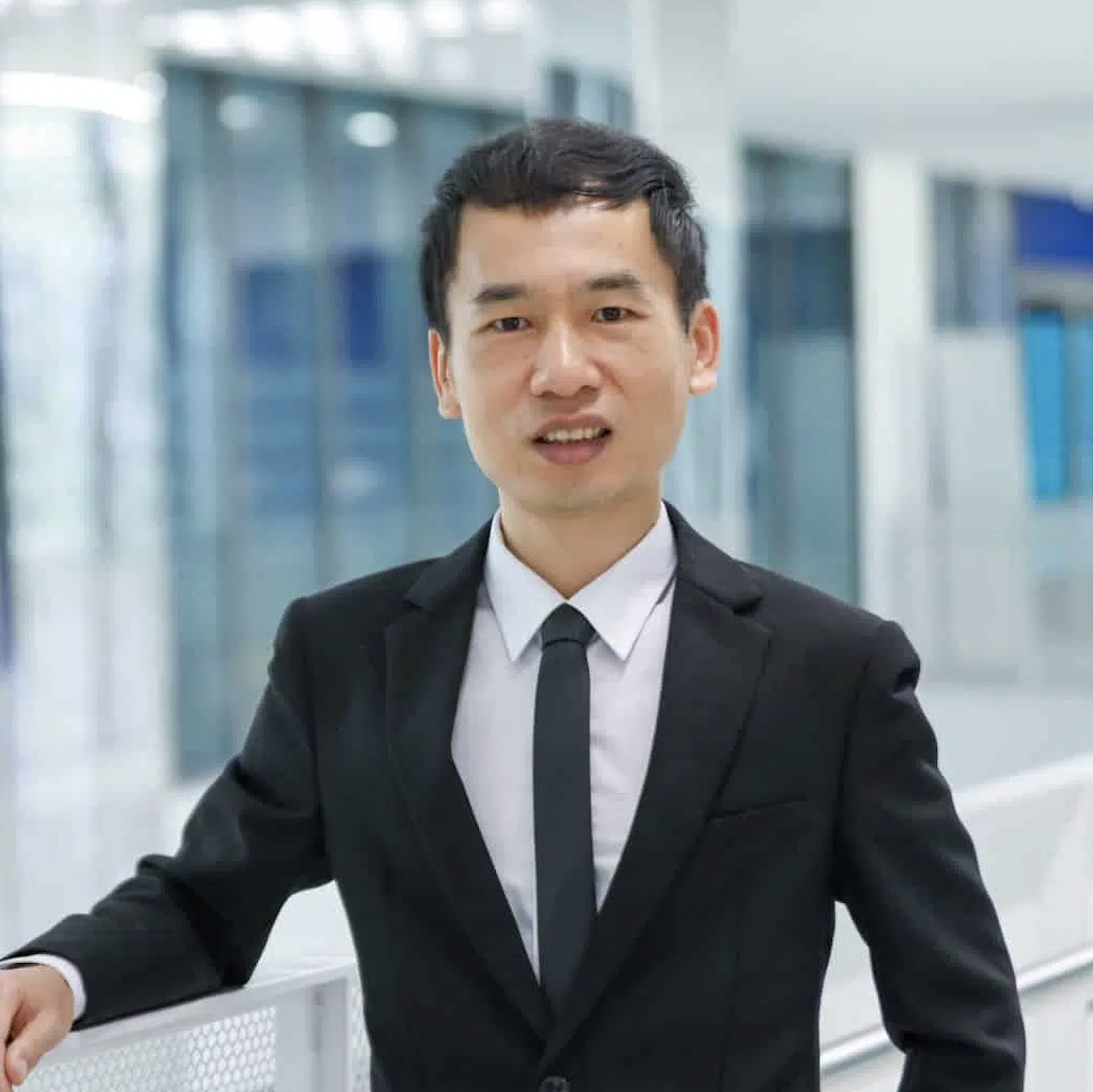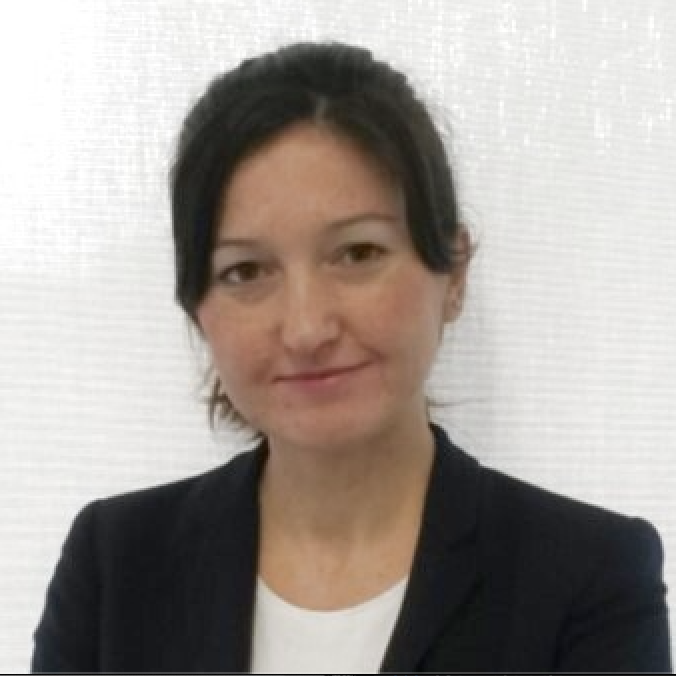Keynote Speakers
Knowledge-enhanced Conversational Recommender Systems
Abstract
Conversational Recommender Systems (CRS) have revolutionized how we interact with the recommender by discerning user preferences through iterative dialogues. However, the effectiveness of these systems is often hindered by a need for more contextual understanding for precise preference modeling. Integrating various external knowledge sources offers promising solutions to enrich dialogue context, predict user preferences, and generate informative responses. This presentation will delve into recent advancements in the realm of knowledge-enhanced CRS, spotlighting studies that leverage knowledge to refine recommendations and enrich user interactions. I will share insights from our recent research that bolsters the recommendation quality and the informativeness of conversational responses. Additionally, I will illuminate emerging research trajectories within this domain, emphasizing the synergy between CRS and Large Language Models.
Bio
Dr. Zhaochun Ren is an Associate Professor at Leiden University, the Netherlands. He is interested in information retrieval and natural language processing, with an emphasis on conversational artificial intelligence, recommender systems, and social media analysis. He aims to develop intelligent agents that can address complex user requests and solve core challenges in NLP and IR towards that goal.
Utilizing Structured and Encoded Knowledge for Search
Abstract
At Bloomberg, we build search applications for financial professionals as a part of our main product, the Bloomberg Terminal. In this talk, we will provide an illustration of a typical search workflow at Bloomberg, and discuss 1) how structured and encoded knowledge could be utilized end-to-end in a search system, and 2) challenges in applying them effectively at each step. Early in the pipeline, knowledge can be used to enrich and organize documents in the searchable collection. Thus, we start by discussing the document understanding step. Then, we consider the challenges of interpreting queries correctly and applying the appropriate retrieval configuration needed to satisfy the user’s information needs. We then continue to discuss the utilization of such enriched knowledge for document retrieval and reranking. Lastly, since user experience (UX) plays an important role in the search process, we will also discuss open questions around designing the user experience that is guided by knowledge.
Bio
Dr. Ridho Reinanda is an AI Research Scientist who is currently leading the Knowledge Graph team at Bloomberg. He obtained his Ph.D. in Information Retrieval at the University of Amsterdam, where he focused on leveraging knowledge graphs for information retrieval tasks and applying IR techniques for knowledge graph maintenance.
